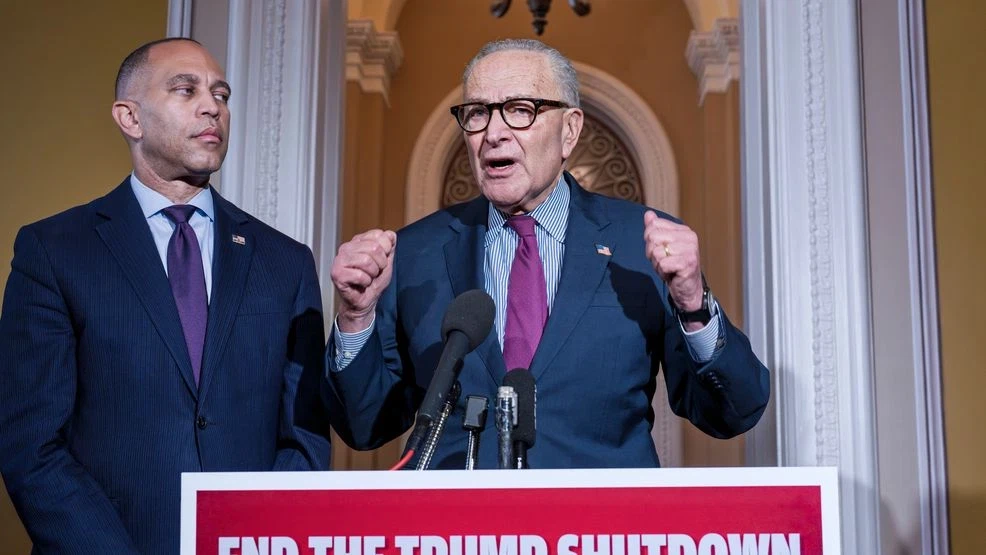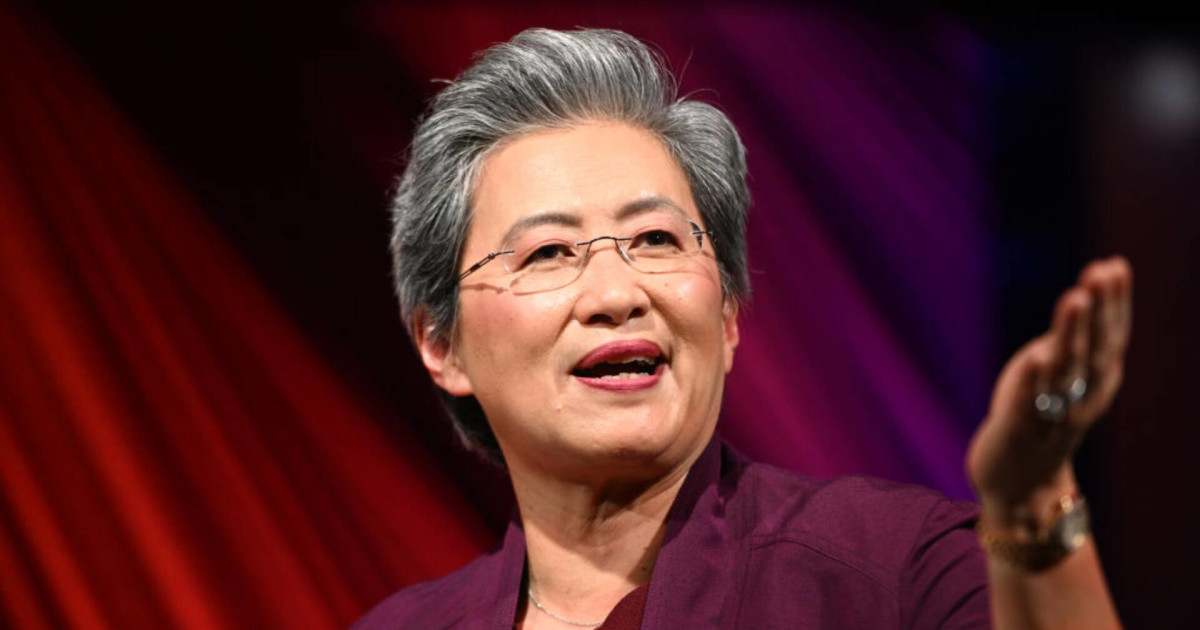Copyright WJLA

Congress is even less popular than it was before the , but experts don't see the plummeting approval as enough incentive for lawmakers to strike a deal and reopen the government. shows Congress' approval at just 15%, down 11 percentage points from September. Congress already had just single-digit approval from Democrats, so the big drop was fueled by Republicans. GOP support for Congress fell from 54% in September to 33% in October. But the dismal institutional approval isn’t near the top of concerns for the men and women we send to Washington, according to , the Legislative Affairs Program Director at George Washington University. “Would they rather be higher? Of course, but ... if they're triaging problems, it would be their own unpopularity at the top of that list,” Burgat said. They mostly care about not losing their seat to a primary challenger. Is their party popular within their district? Are they in good standing within their party? If so, overall congressional approval ratings mean little. “This is where it's important to remember that we have a historically few number of competitive elections and a historically high number of non-competitive elections,” Burgat said. The has just 17 of 435 House seats marked as toss-ups for next year’s midterms. Another 21 seats “lean” right or left. The rest are “likely” going for one side or the other or are considered solidly blue or red. Primary voters are a small subset of the American electorate. But they tend to be the most partisan and attentive voters. “So, they're playing to that base,” Burgat said. “And so, this is why we see such a lack of an incentive to compromise.” That means the shutdown, which Burgat called a “pox on both of our houses,” is likely to drag on for a while. , a political science fellow at Rice University's Baker Institute, said members of Congress only care about their branch of government’s approval “at the margins.” “For most of them, they're far more focused on their partisan primary, and so they care about what their partisans think about them compared to potential primary rivals,” he said. For Republicans in Congress, that means their political incentives are to stick with President Donald Trump. For Democrats, their incentives are to fight Trump. Political forces have both entrenched in their positions over the government shutdown. “I'm still of the opinion that Democrats are going to be the ones that give in first,” Jones said. RELATED STORY: Republicans have the advantage of “a very vertical structure,” where everyone knows Trump is calling the shots. “Democrats are in a far more difficult position, because they don't have that unified leader who's able to effectively discipline the troops,” Jones said. Gallup polling showed Trump’s overall approval at just 41%. But his approval among Republicans sits at 91%. “His hold on the Republican Party is, despite being 41% approval nationally, has probably never been stronger,” Burgat said. That’s why Trump still has leverage in the shutdown stalemate. Everyone's waiting for Trump to get frustrated enough to join this shutdown fight in a meaningful sense, Burgat said. Republicans want Democrats to agree to a so-called clean continuing resolution to extend government funding. Democrats are seeking the reversal of Medicaid changes that were part of the GOP “One Big Beautiful Bill” and an extension of the Affordable Care Act enhanced tax credits. Burgat also didn’t see the shutdown ending well for Democrats. The most likely off-ramp is a promise of a separate vote on the ACA subsidies, Burgat said. That might be enough for Democrats to accept as a face-saving gesture. “If you look at congressional histories with shutdowns, they're going to get nothing,” Burgat said. “They're going to claim a win, even if it's just a promise for a vote. ... But right now, both parties still think that it is politically advantageous to be in this position. And when you have that, then there's not much incentive to change it.”



